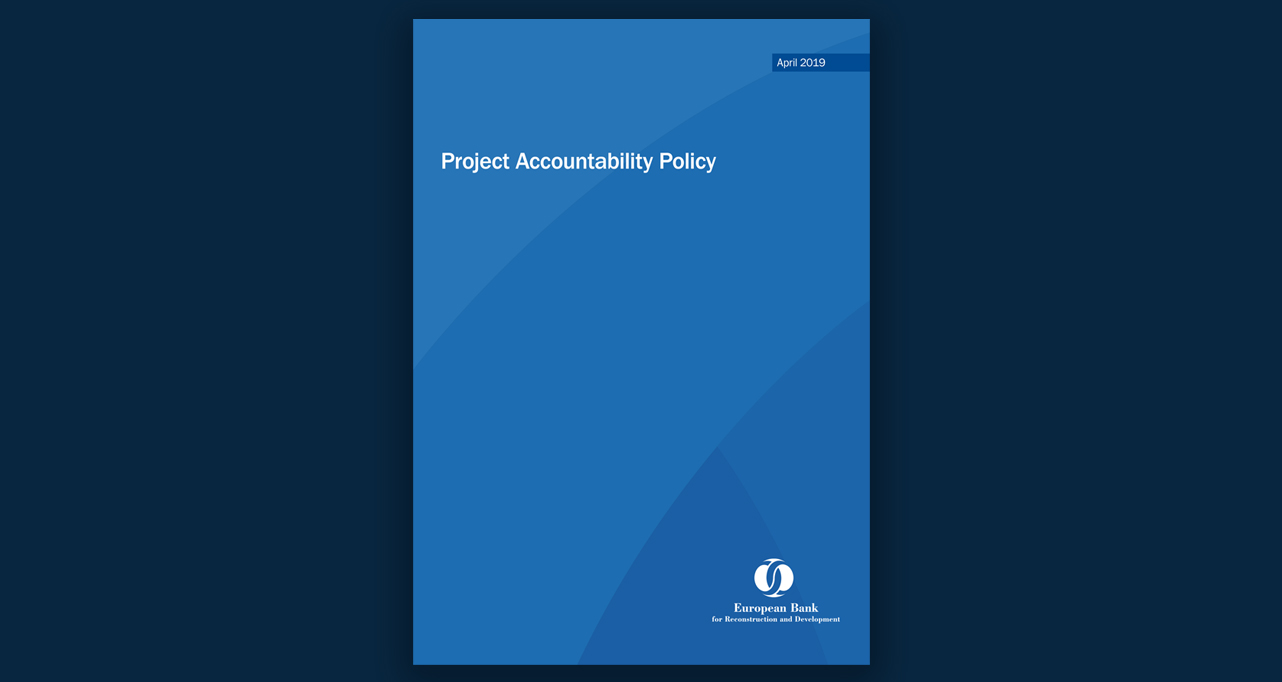These cookies cannot be disabled. They are essential for core functionality in ebrd.com to ensure a seamless and secure experience.
Contact IPAM
For more information on the IPAM process and how to submit a complaint, write to:
ipam@ebrd.com
For any other matters:
ipam_comms@ebrd.com






